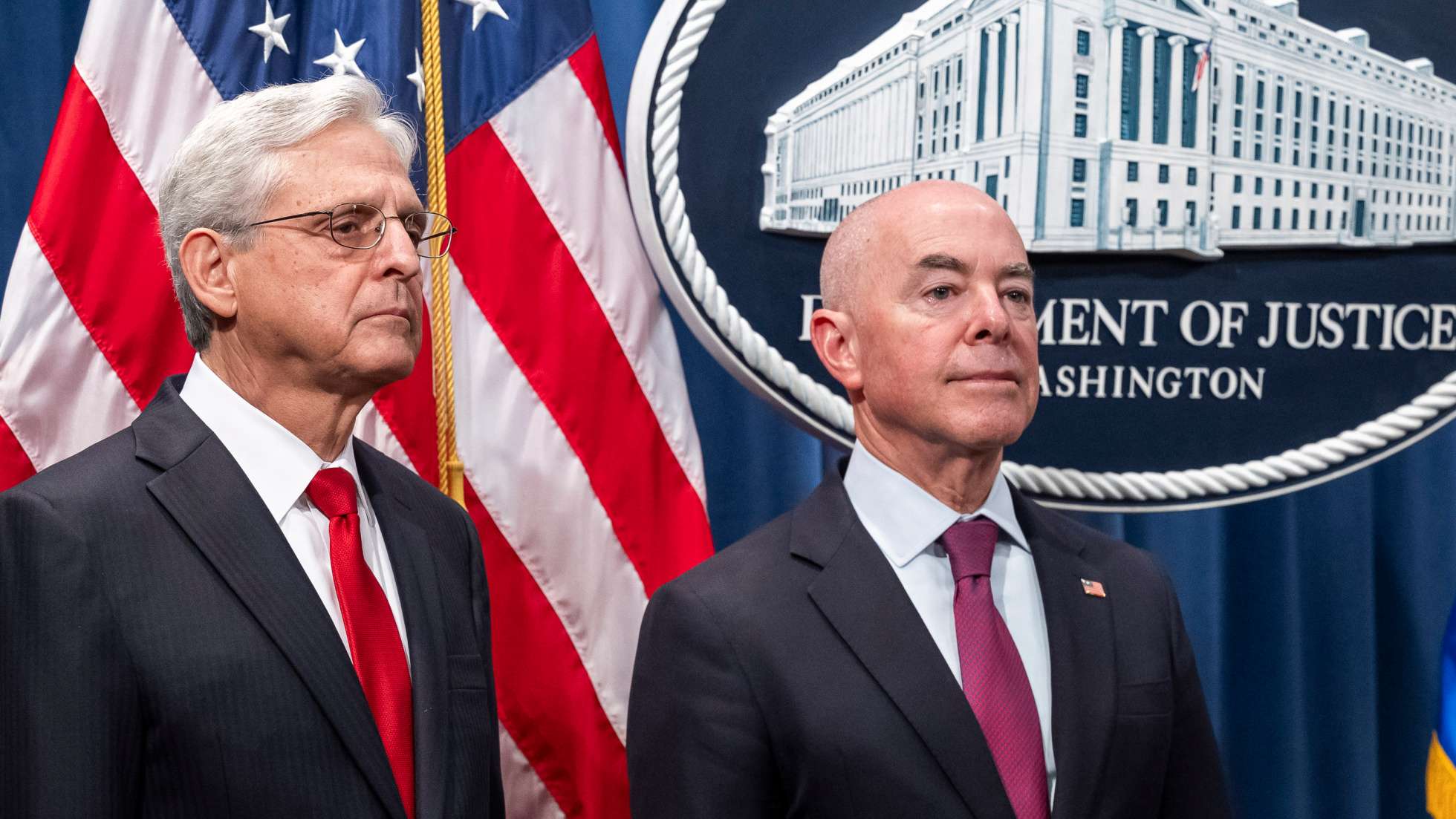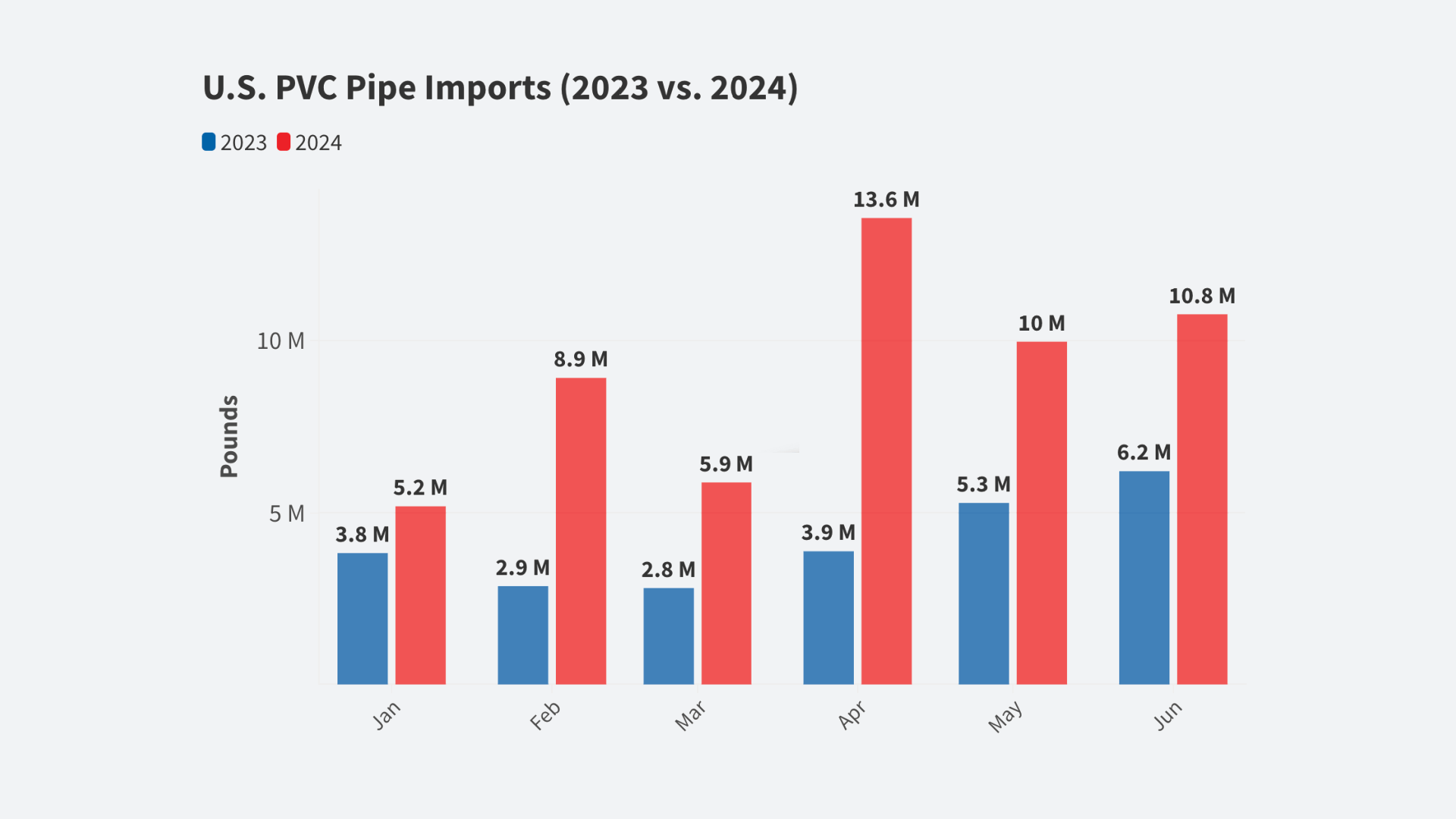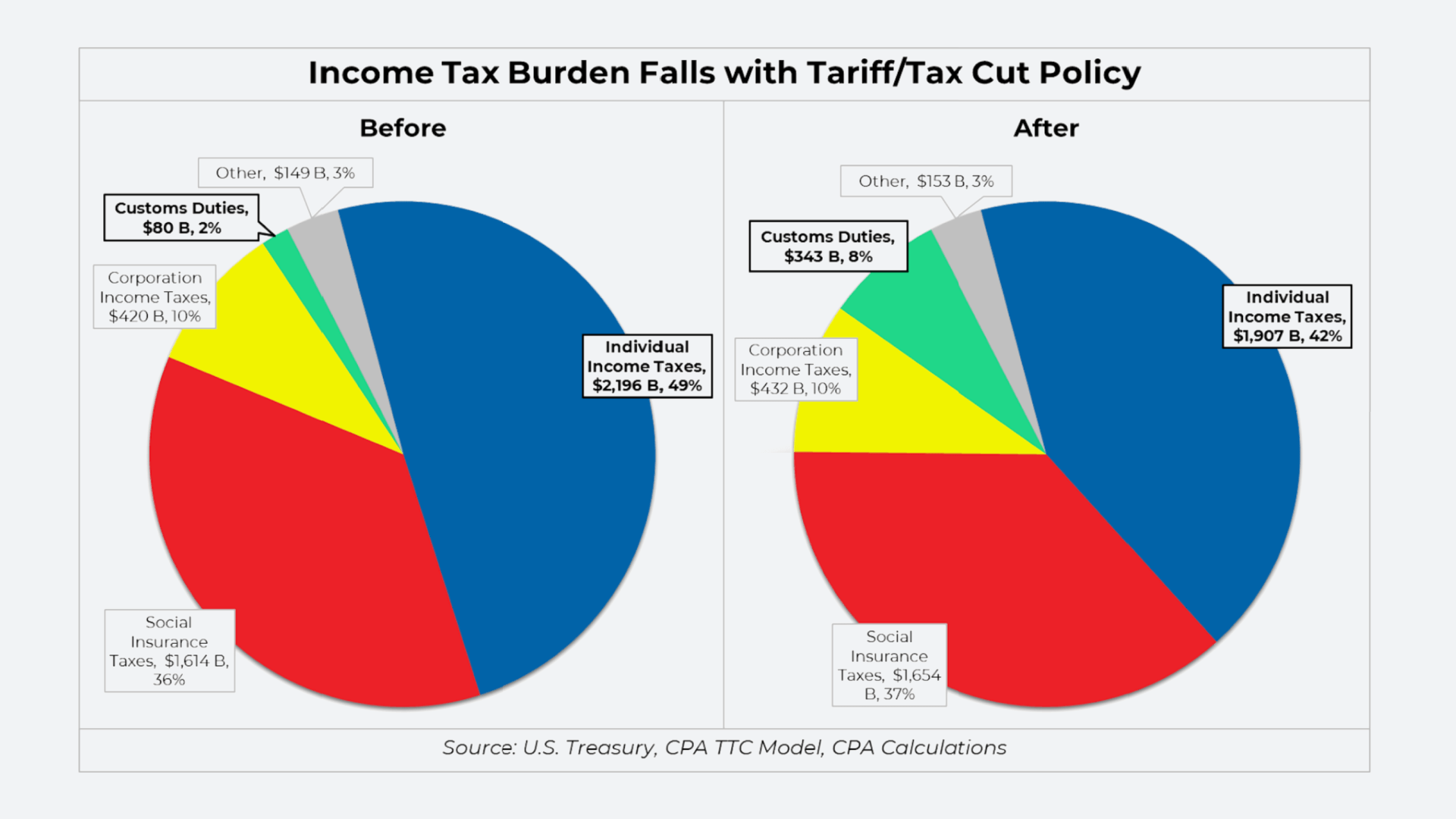
The White House named names. And not 24 hours later, President Barack Obama and his aides had a deal to get fast-track back on track.
[Reposted from Politico | Edgar Isaac Dovere and Burgess Everett | May 13, 2015]
After resistant Democrats scuttled a vote Tuesday to move forward on one of Obama’s signature goals — authority to negotiate details of an upcoming Pacific trade pact — the president called resistant Democrats to the White House. Then his aides took the unusual step of releasing a list of which senators attended.
Democrats on Capitol Hill say the agreement they reached the next day to move forward on the legislation extracted real concessions from Republican leadership. But in the end, the dramatic gesture of voting against their own president got Democrats little beyond delaying the vote to open debate on Obama’s trade agenda to Thursday, instead of Tuesday.
What they won: a vote on a customs enforcement package that includes a measure on Chinese currency manipulation. But it’s unlikely to ever become law, in part because Obama would probably veto it if it ever got to his desk. Democrats dropped their demands that the customs and currency package hitch a ride with fast-track.
What Democrats did get was a whole news cycle about how bad things were for Obama, and how what was supposed to be an assertion of Democratic power from the minority actually ended up looking like a party that couldn’t get itself together.
White House officials said the agreement that will now open debate on the trade package on Thursday only seems like a dramatic turnaround because Tuesday’s doom and gloom was overblown. The president’s trade agenda is moving again, on its way through the Senate and off to the much more problematic House. And the president has regained the momentum.
“They did a really harsh thing to the president. And in the end, the president’s going to triumph. And he should. He’s right,” said Senate Finance Chairman Orrin Hatch (R-Utah).
To get an idea of just how unusual it was for the White House to publicly identify the Democratic senators who gathered Tuesday afternoon with Obama in the Cabinet Room, where they “discussed the need to advance” trade promotion authority, consider this: When the president hosted a meeting last Wednesday to lobby some of the very same senators for support, White House aides wouldn’t even confirm that the meeting took place, let alone who was there. A week earlier, the president had members of the New Democrat Coalition over, but the White House refused to make public or even discuss the full list of who was there — or even the number of how many came.
This time, Obama aides strategically put out word to reporters of the meeting, even before senators had arrived at the White House. Shortly after the meeting ended, they released the list: the seven Democrats who’d voted for fast-track in committee, plus Sens. Heidi Heitkamp (D-N.D.), Patty Murray (D-Wash.) and Tim Kaine (D-Va.). A few hours before, every Senate Democrat except Tom Carper of Delaware had publicly rebuked his trade effort. Now the White House put on the spot the other nine who had either publicly or privately indicated they would support the underlying fast-track and Trade Adjustment Assistance package, but who voted against opening debate.
In other words, the president had more than enough votes just in the room to get the trade bill moving. According to senators who were there, the president took his time, spending 90 minutes to explain why they needed to get their act together. He said he didn’t really care about the Chinese currency manipulation bill or anything else that Senate Minority Leader Harry Reid (D-Nev.) and other Democrats were insisting had to be packaged together to let the fast-track bill, known as Trade Promotion Authority, move forward. Do the bills, don’t do them — whatever. Just give him TPA, he said, showing even less interest in internal Senate machinations than he usually does.
On policy issues, they were together. Obama agreed with them that it was important to fight for enforcement law governing any new trade deals that would keep new pacts from unraveling and backfiring on the United States. But his message was clear: You need to figure out how to get over this filibuster and send me the Trade Promotion Authority bill to sign as fast as you can, according to attendees.
“Keep going until you get it passed. I need it. The country needs it,” Obama told the ideologically diverse crew of Democrats, according to Sen. Bill Nelson (D-Fla.).
“You should be able to find a way over this speed bump,” Obama added, according to Kaine.
Obama appeared struck, senators said, by their explanation that the Democratic filibuster of their own president was a result of a long-running grudge match between Reid and Senate Majority Leader Mitch McConnell (R-Ky.). His response was that he wasn’t willing to let parliamentary warfare get in his way.
“He was a little frustrated where he saw a process problem between the Democrats and Republicans holding up progress on the bill was not on the substance,” said Sen. Ben Cardin (D-Md.). But the president said he wasn’t eager to step in and broker a deal between Reid and McConnell.
“That was very clear,” Cardin said.
Ultimately, Reid and McConnell came to their understanding that put Obama’s trade initiative back on track. But it’s not without hurdles: The Senate appears likely to pass the customs enforcement bill laden with currency manipulation language that Obama fears could spark a trade war with China. The House may choose to ignore it, but it could still be a problem for the president, given how hard senators in his own party are pushing it.
It’s still unclear whether customs enforcement will be attached to the bill, even without the currency manipulation language. Obama told the Democrats he supports their push to put that in the bill. As of Wednesday evening, that provision’s inclusion was up in the air.
“He said: ‘Look, all these enforcement provisions are important to me too.’ So the notion that we didn’t want to move unless we had an agreement that the enforcement provisions were going to move too, I don’t think it surprised him,” Kaine said. “He understands enforcement is important. We can’t look at people and say: ‘We’re going to do a trade deal but we don’t care about enforcement.’”
The White House is taking the credit, with a senior administration official saying Obama’s reiterating his commitment to strong enforcement “helped pave the way for the agreement that was identified today.”
Then again, some Senate Democrats said this all would have been resolved even without Obama — though maybe not in time for the House to take up the bill in June, keeping it on track to help Obama seal the Trans-Pacific Partnership with 12 Pacific Rim countries.
“This was going to end up there anyway,” Nelson said. “But I would say the meeting with the president accelerated the discussion.”













